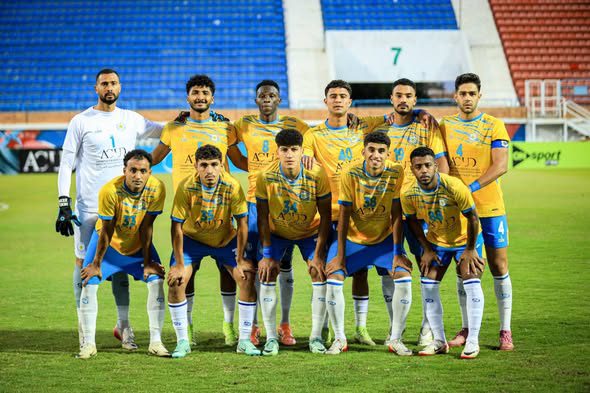Antoine Semenyo urges prison sentences for racist abuse after Liverpool incident
Bournemouth forward Antoine Semenyo has called for tougher punishments, including prison sentences, for racist abuse in football after being subjected to vile insults during his side’s Premier League defeat at Liverpool.
The Ghanaian international, who scored twice in the 4-2 loss at Anfield, was targeted by a 47-year-old supporter, who was later arrested, bailed, and handed a football banning order in the UK.
Semenyo, however, expressed frustration at what he viewed as a lenient outcome, insisting that sanctions must be far more severe to stamp out racism from the game.
“This is unacceptable. It shouldn’t happen anymore,” Semenyo said. “The punishment has to be maximum. It could be a prison sentence, a lifetime stadium ban—anything like that. I just feel there has to be something more.”
The 24-year-old, who was born in London but represents Ghana internationally, voiced his disappointment with current anti-racism measures, arguing that awareness campaigns alone are not achieving lasting change.
“I’m speaking for all players here: if this happens, make sure the maximum sanction is applied,” he said. “Those campaigns worked for a while, but in the long run, they haven’t really had the desired effect. I feel like something else needs to be done.”
Semenyo hopes his case will prompt stronger action from football authorities. “I’d like to think the attention on this will make a difference,” he said. “If it doesn’t, then it shows that what we’re doing—and what the Premier League is doing—is not enough. There’s still a lot more work to do.”
The abuse did not stop at the stadium. The striker revealed that he received a wave of further racist insults on social media following the match.
“In this day and age, it doesn’t make sense, and we want to know why it’s still happening,” he said. “It was painful to hear. I wanted to respond to my family and friends, but instead I went on Instagram and saw more racist comments—it happened immediately after the game.”
Visibly angered by the persistence of racist abuse, Semenyo questioned the mentality of those behind such attacks. “Someone felt the need to log on and do this, and it made me angry, to be honest,” he added. “Why would you want to do this?”
Semenyo’s outspoken stance comes as players, clubs, and governing bodies continue to grapple with racism in football, with critics increasingly calling for stronger deterrents to eradicate abuse both in stadiums and online.




